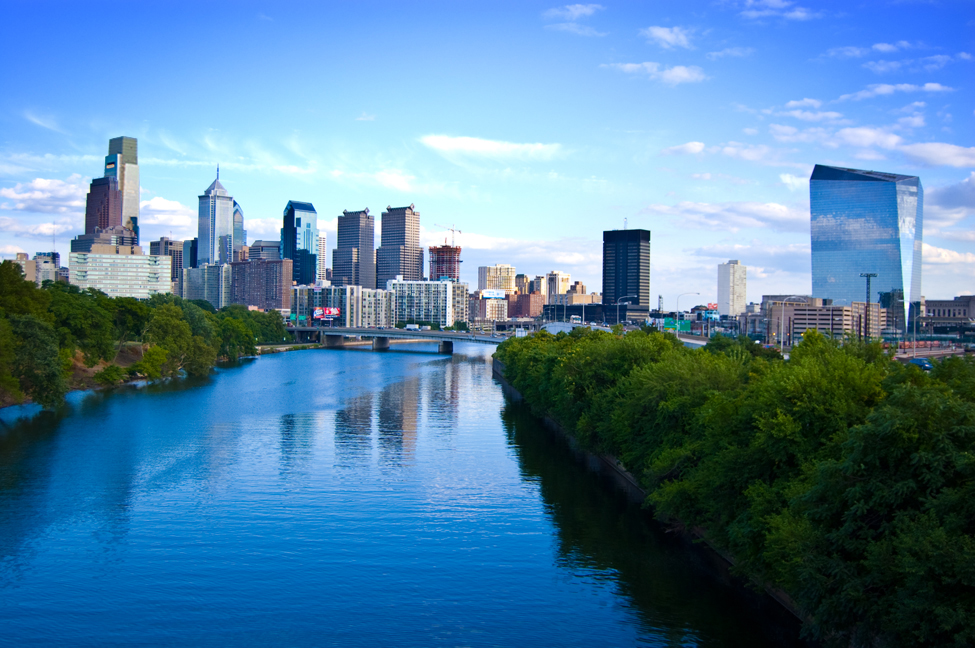It doesn’t matter that Jeff Hornstein lives smack in the middle of Queen Village, just a few blocks from Meredith Elementary School, the city’s most celebrated public. Hornstein has no children—a fact which has made him perhaps the best sort of spokesman for a certain group of Philly residents. “I’ve spent the last three years trying to get the largest demographic—those with no kids—to support things like higher taxes to make sure that neighborhood schools are good,” says Hornstein. “It’s the core of our property values. A huge amount of wealth has been lost in the city because of people moving out. We need to reverse that from the ground up.”
Hornstein (who ran unsuccessfully for City Council in 2011) is president of the Queen Village Neighbors Association, which through volunteers and grant money helps to support both Meredith and Nebinger, Queen Village’s other neighborhood school. He is also a founding member of the Philadelphia Crosstown Coalition, a group of 21 civic associations that formed to ensure citizen voices in rewriting the zoning code and enacting the Assessed Value Initiative—classic neighborhood association business. Now the Coalition has turned its attention to what Hornstein says is among the most important issues for every neighborhood in every part of the city: Schools.
“There’s way too much fetishization of the Superman who’s going to come save us,” says Hornstein. “All we’ve got is ourselves.”
On Saturday, the Crosstown Coalition will host its first education summit for nearly 200 members of school support groups, neighborhoods and community associations. (Initially, the group offered 100 free tickets, but had to double the number because of demand.) The summit will offer primers on how to form a “Friends of” school group; what principals want and need from the community; and how to navigate the School District. It is the first citywide event of its kind, but organizers hope it won’t be the last: They hope to leave the event with a plan for how this new coalition of school communities—some well-established, some brand new—can work together to make better schools for every student in the city.
It will follow up the event later in the spring with a publicity campaign aimed at telling stories about the good things happening in public schools.
Hornstein planned the summit (and the PR campaign) along with Ivy Olesh, who launched Friends of Chester Arthur in Graduate Hospital before she was even pregnant; and Christine Carlson, who founded the Greater Center City Neighborhood Schools Coalition. All three have seen the power of communities to transform neighborhood schools. Meredith and Greenfield have longstanding neighborhood support that have helped keep them in the top tier of city publics. Through Friends of Chester Arthur, Olesh—who now has a four-year-old son—has helped transform the school’s playground, hire a new principal, and secure a School Redesign Initiative designation from the School District to turn Arthur into a project-based learning school, with the help of Science Leadership Academy.
They understood early what the struggles of the last couple of school years have made evident: That Philadelphians can not wait for the state, or the city, or the District to create good schools for everyone. That is the responsibility of every citizen in the city.
“This is what democracy looks like,” says Hornstein. “There’s way too much fetishization of the Superman who’s going to come save us. All we’ve got is ourselves. This is about getting power and taking back the schools one at a time.”

